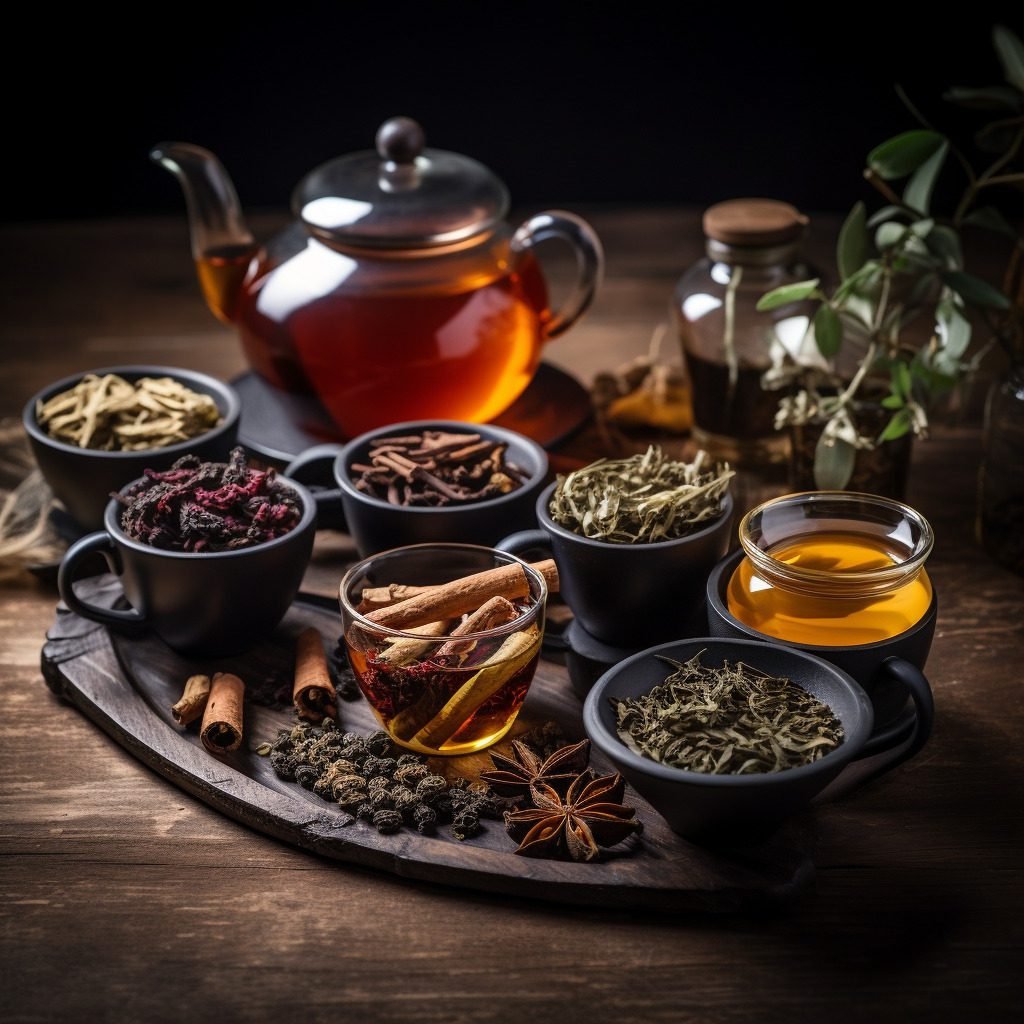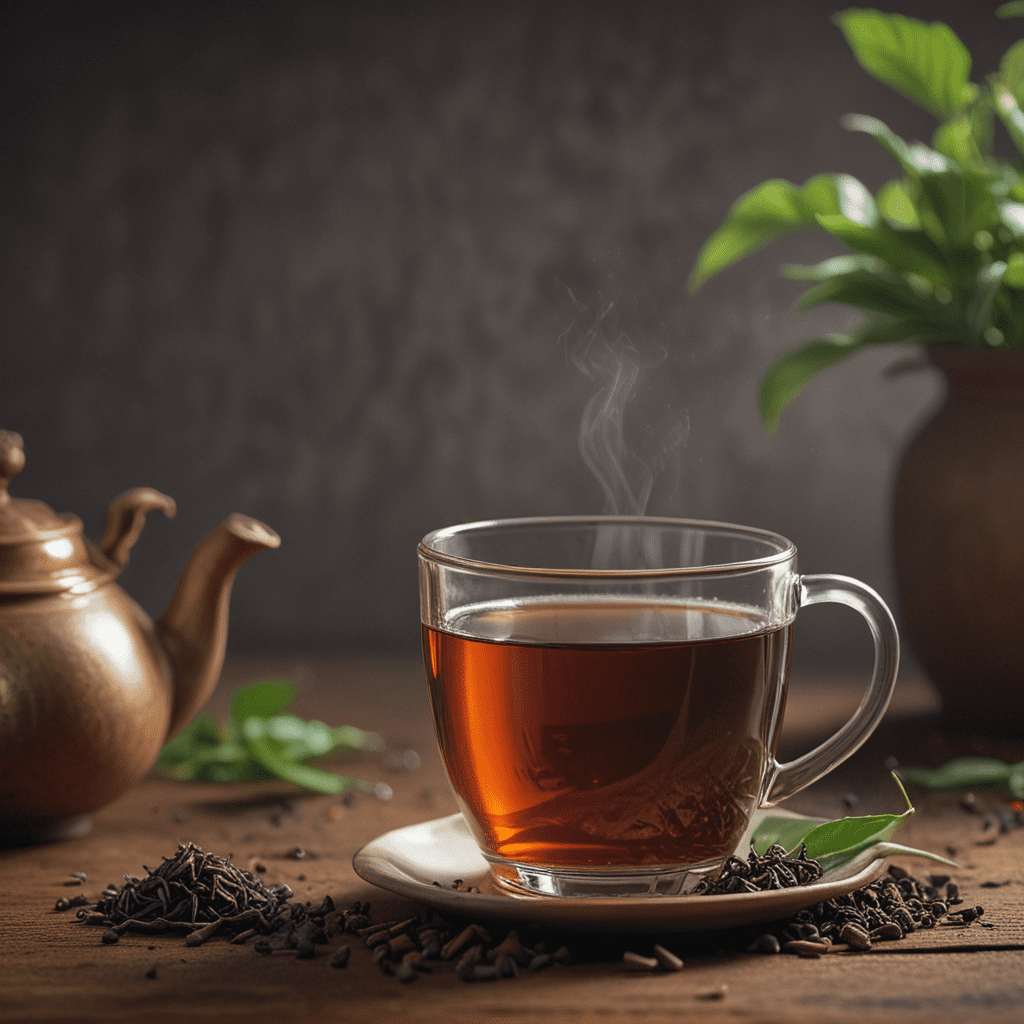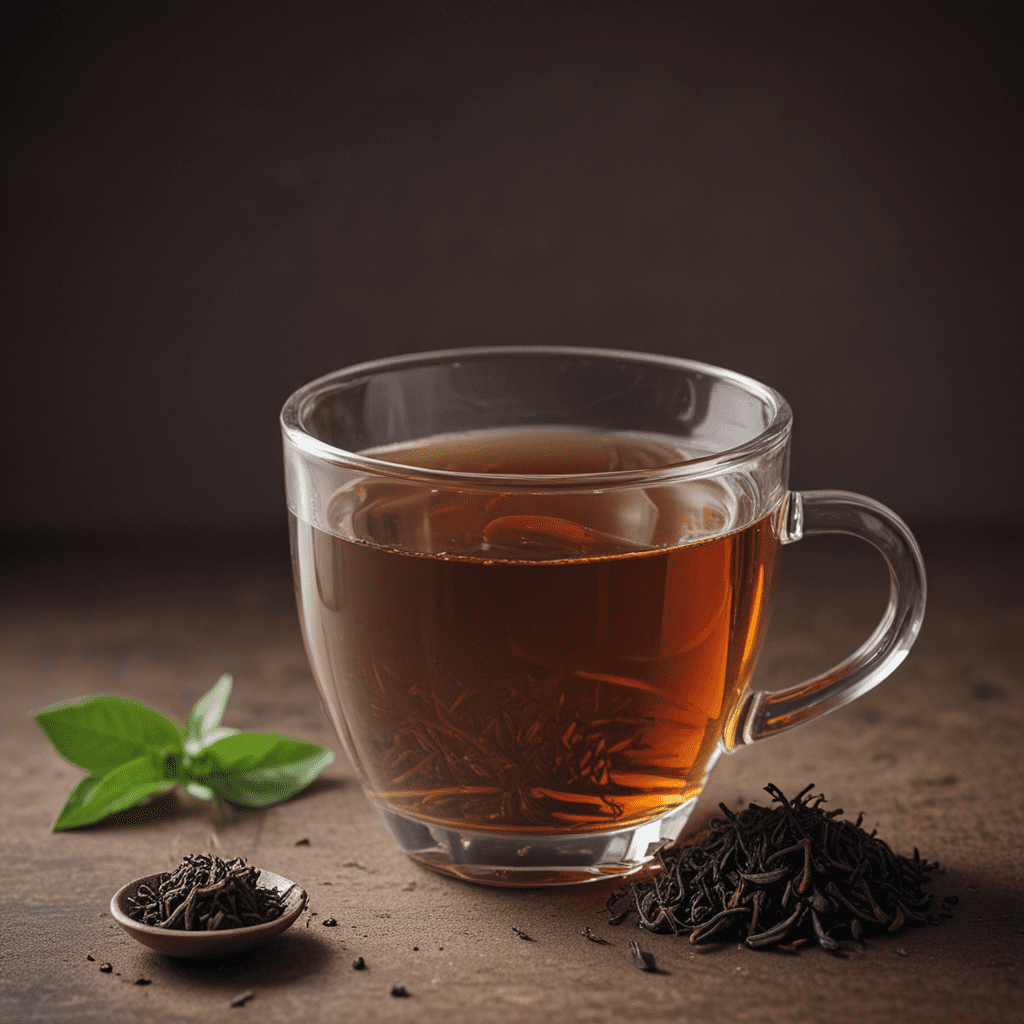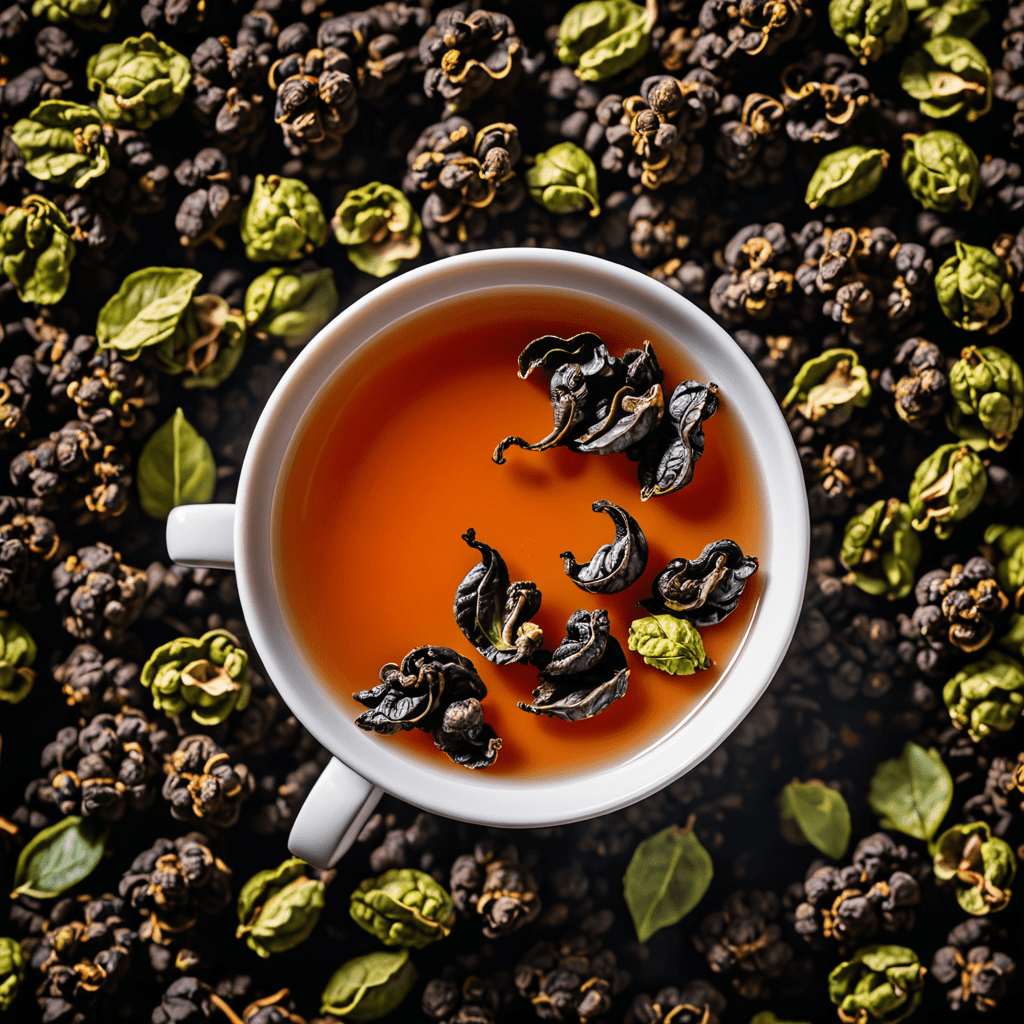Exploring the Global Tea Culture: An International Perspective
Tea is more than just a beverage; it is a cultural phenomenon that spans across the globe. From the exquisite tea ceremonies of Japan to the bustling tea stalls of India, tea culture is deeply ingrained in the fabric of many societies. In this article, we will take a deep dive into the key elements of Tea Culture Worldwide, offer practical tips, and explore how to incorporate tea culture into our daily lives.
Key Elements of Tea Culture Worldwide
Tea culture varies from country to country, but some key elements are universal. Here are a few elements that readers should be aware of:
- Ceremonial Rituals: Many cultures have specific rituals associated with tea preparation and consumption. For example, in Japan, the tea ceremony, known as “chanoyu,” is a choreographed ritual that emphasizes mindfulness and harmony.
Social Bonding: Tea has long been associated with hospitality and bringing people together. In countries like Morocco, the traditional tea ceremony is an opportunity for friends and family to gather, share stories, and connect.
Health Benefits: Tea is celebrated for its numerous health benefits. Green tea, for instance, is renowned for its antioxidant properties, while herbal teas are often consumed for their calming and soothing effects.
Diverse Tea Varieties: Tea comes in countless flavors and types. From the robust black teas of India to the delicate white teas of China, each variety offers a unique taste and aroma.
Tips for Tea Culture Worldwide
If you’re looking to explore tea culture worldwide, here are a few practical tips to consider:
- Taste: Experiment with different tea varieties to discover your preferences. Whether you prefer bold and robust flavors or delicate and floral aromas, there is a tea out there for everyone.
- Subtip: Don’t be afraid to try new flavors. Expand your palate by exploring teas from different regions and countries.
- Price: Tea can range from inexpensive to luxurious, depending on the variety and quality. Determine your budget and explore teas that fit within it. Remember, quality doesn’t always correlate with a high price tag.
Availability: While some teas may be readily available in supermarkets, specialty teas might require a visit to a local tea shop or an online purchase. Explore local tea shops or reliable online tea retailers to find a wide variety of teas from around the world.
Brewing Techniques: Each tea variety requires specific brewing techniques to bring out its optimum flavor. Take the time to learn the proper brewing methods for different teas, including water temperature, steeping time, and the right teaware to use.
Incorporating Tea Culture Worldwide
Incorporating tea culture into our daily lives can be a delightful experience. Here are a few ideas to get you started:
- Create a Tea Ritual: Set aside a specific time each day to enjoy a cup of tea. Whether it’s a morning ritual to start your day with calmness or an evening routine to unwind, create a space for tea in your daily life.
- Subidea: Consider incorporating meditation or mindfulness practices while sipping your tea to enhance the experience.
- Explore Tea Tasting: Organize a tea tasting gathering with friends or family. Each person can bring a different tea variety, and together you can sample and discuss the flavors and aromas. It’s a great way to learn about tea and bond over shared experiences.
Visit Tea Gardens or Tea Houses: If you have the opportunity, visit tea gardens or tea houses in different countries. Immerse yourself in the local tea culture, learn from experts, and experience firsthand the artistry and traditions associated with tea.
FAQ about Tea Culture Worldwide
Q: What is the oldest tea culture in the world?
A: China is widely regarded as the birthplace of tea culture, with a history dating back over 4,000 years.
Q: Is tea a popular beverage worldwide?
A: Yes, tea is one of the most widely consumed beverages globally, second only to water.
Q: Can tea be enjoyed by everyone?
A: Most people can enjoy tea in moderation. However, individuals with certain health conditions or sensitivities may need to consult their healthcare provider before consuming certain teas.
Q: Are tea ceremonies only practiced in Asian countries?
A: While tea ceremonies are most commonly associated with Asian countries, many other cultures also have their unique tea rituals. Countries like Morocco, England, and Russia have their own tea traditions.
In conclusion, tea culture worldwide offers a rich tapestry of traditions, rituals, and flavors. Whether you are exploring new tea varieties, hosting tea gatherings, or immersing yourself in the art of tea ceremonies, tea can provide a window into different cultures and create moments of tranquility in our busy lives. So, grab a cup of your favorite tea and embark on a journey of discovery through the world of tea.



